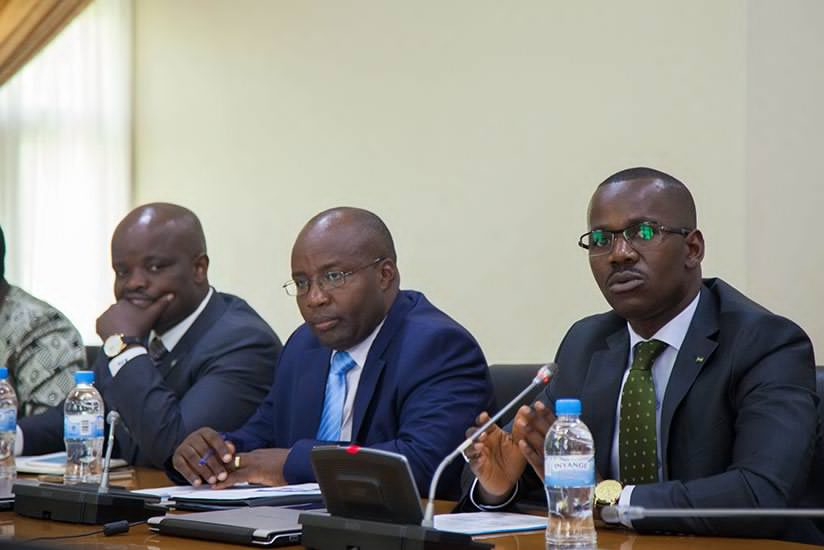A revised whistleblowers legislation is closer to fruition after a Cabinet meeting last week approved the draft law.
According to the Ministry of Justice, the draft law not only covers corruption related cases, but other incidences of injustice and crime as well.
“We also strengthened the protections of informers, integrity of the information and responsibility of informers in case they deliberately provide wrong information,” Justice minister Johnston Busingye told The New Times.
The existing law came into force in August 2012 but was found to be lacking in various areas prompting the revision. One of the gaps identified was that the existing law only stated procedures for masking a whistleblower without detailing mechanisms for protection. The previous law did not also provide for filing a complaint to administrative authorities or in courts in case of any negative repercussion on the whistleblower resulting from information provided.
A whistleblower is a person who alerts authority about alleged dishonest or illegal activities or misconduct occurring in a government department, a public or private organisation.
The alleged misconduct may be classified in various ways including a violation of a law, regulation and, or a direct threat to public interest, such as fraud, health or safety violations, and corruption.
The whistleblowers may be from within the organisation in question or an external party privy to the alleged crime or injustice.
Rewards to whistleblowers
Another key provision in the draft law is the rewarding of whistleblowers. The Minister of State in charge constitutional and legal affairs, Evode Uwizeyimana, in a post-cabinet news conference explained how this would work.
“A decapitation grant, whose modalities will be provided by a Presidential Order, will be given to the informer who would have disclosed information leading to recovery of property or to protection of public interests,” he said.
While the rewards mechanism was put in place to encourage reporting of ills, the state minister cautioned against misusing the law for personal gain.
“We are aware there are people who might want to exploit the law by forwarding false allegations for personal benefits or based on grounds of hatred, jealousy and or potential conflict.”
“There are quite a number of penalties for such individuals,” Uwizeyimana added.
According to the draft law, any person found guilty of abusing the whistleblowers law is liable to a prison sentence ranging 6 – 12 months and fine between Rwf500,000 and Rwf1 million.
Penalties are even higher if the convict is the person in charge of receiving information from empowered organs. Empowered organs in this sense relate to any public institution with authority over the committed crime.
Worldwide, whistleblowers’ disclosures have helped save billions of dollars, and even human lives as people “blow the whistle” and disclose acts violating the code of conduct and professional ethics governing authorities of public and non-public institutions.
©New Times



